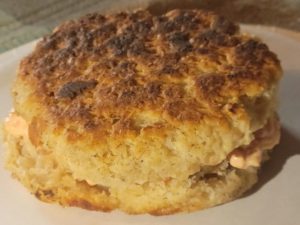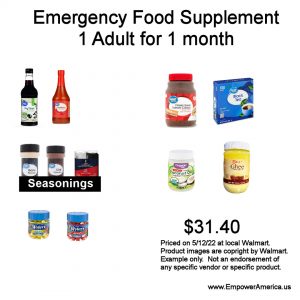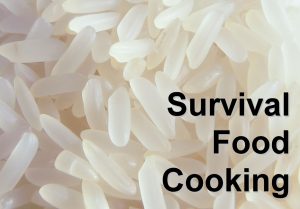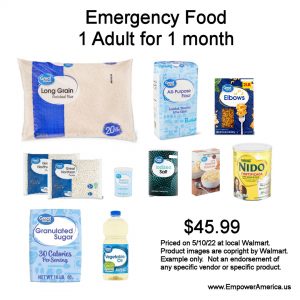One of the last things you want to do in an emergency situation is to open up your food supply only to find bags chewed open by rodents, packages broken, or food spoiled. Below are some simple tips about how to effectively store your food.
Bins and buckets
Putting everything in covered bins and buckets has several advantages.
- It helps keep rodents and insects out of your food supply. Rodents and insects will be your worst enemies if you are storing food long-term. It doesn’t matter how long the shelf life of the food is, if a mouse gets into your rice and leaves feces all through it, the food is unsafe for human consumption.
- It keeps your food preps neat and organized, which helps when you need to use it or add to it.
- It makes your supply portable. If you need to “bug out” to another location, it’s easy to grab the bins and load them into a vehicle.
Avoid temperature extremes
Canned and bottled items can freeze and burst, ruining the food and possibly anything else stored with it. Extreme heat can destroy food and hasten the decomposition process. Cool, dry, and dark storage is the best formula for getting the most shelf life and quality out of your stored food.
Labeling
Label everything. This helps keep your supplies organized and makes it much less stressful when you need to access your food.
Inventory
Keep track of what you have so that you will know what else you need. This can be as simple as logging everything in a notebook, or as advanced as tracking everything by type, weight, and packaging in a spreadsheet.
Vacuum sealing
If you are able, consider vacuum sealing some of your foods. You should be able to find a home vacuum sealer in the $100 range. If this is an option for you, it gives you a few advantages, including:
- Vac sealed food lasts longer. Oxygen decomposes food, so sucking all of the air out of a package will extend the shelf life of most foods.
- Vac sealed food is safer from rodents. We live in the woods in a log cabin. Mice are a problem, and always will be. I have found, though, that mice will walk right over or right by my vacuum sealed food and eat something that was left in retail packaging. I have never, ever lost vac sealed food to rodents or bugs. I’m guessing that, since it is vacuum sealed, the mice can’t smell it so they don’t realize that there is food in there.
- Vac sealed food is better protected from moisture, and the bags are usually much more durable than retail packaging, so it is easier to carry, move, and stack without worrying about breakage and spillage.
Watch expiration dates
Keep an eye on expiration dates of perishable items so that you can be sure to use them before they go bad. Use and replace packages of food from time to time, and keep the older items toward the front of the shelf or bin. Don’t let your food spoil. Use it and replace it before that happens.





Be First to Comment